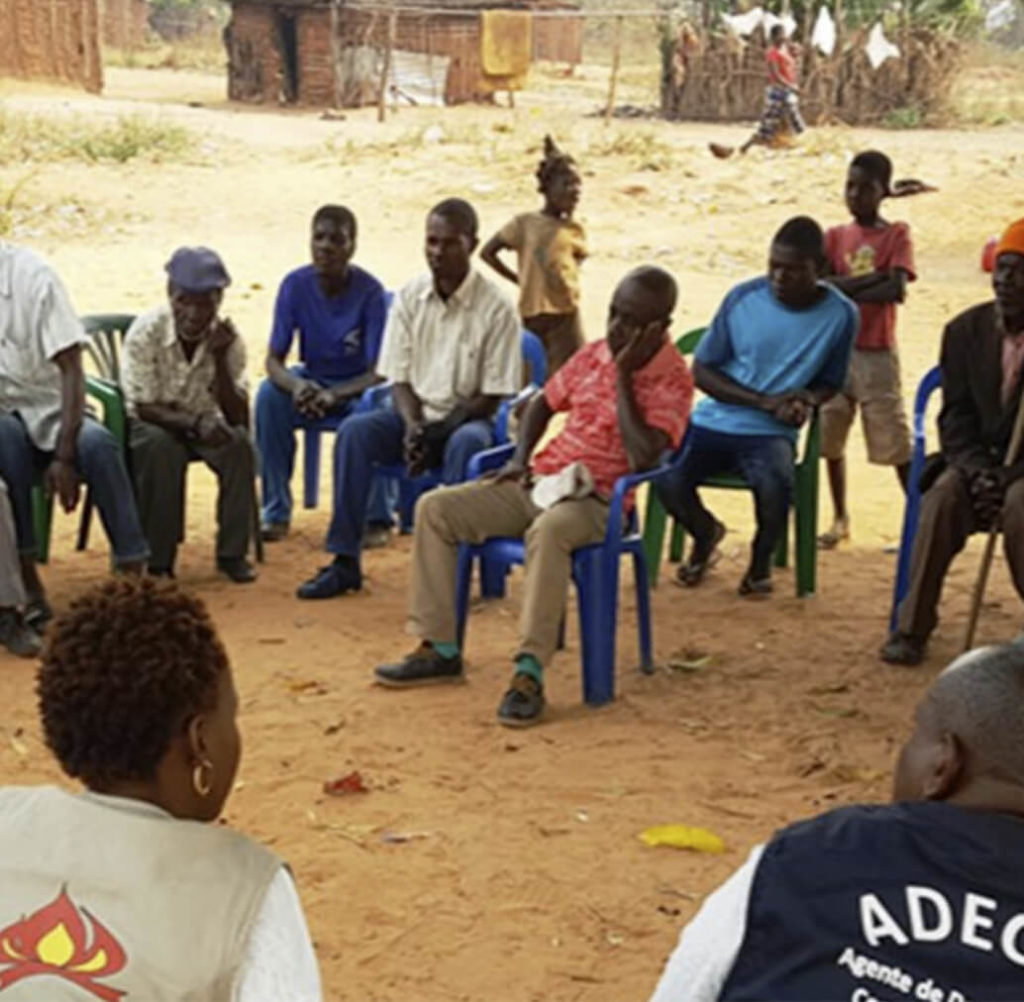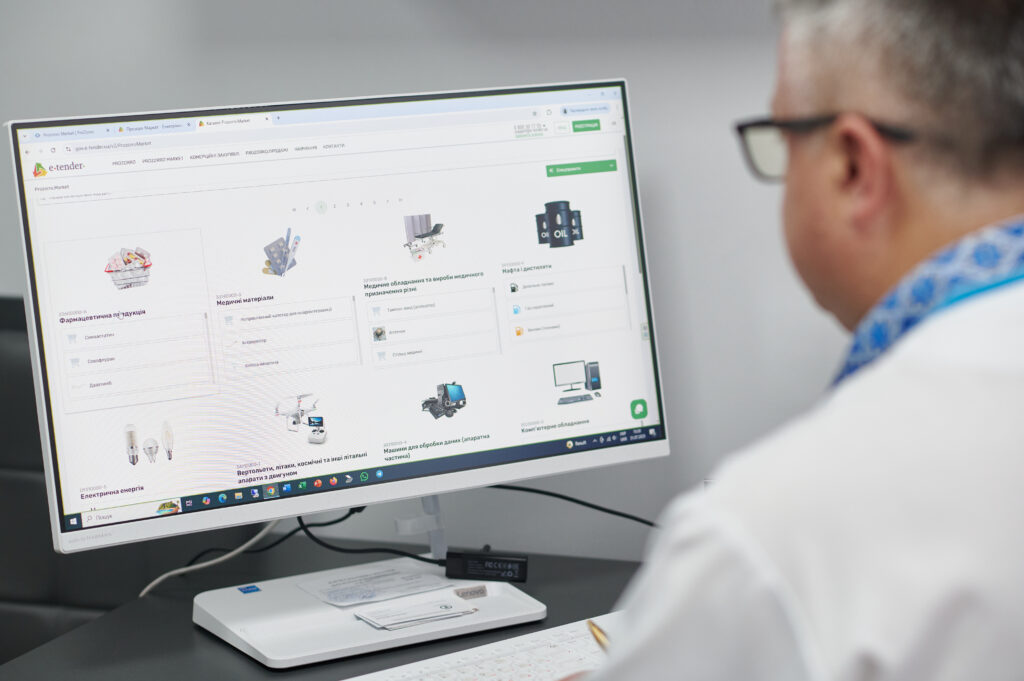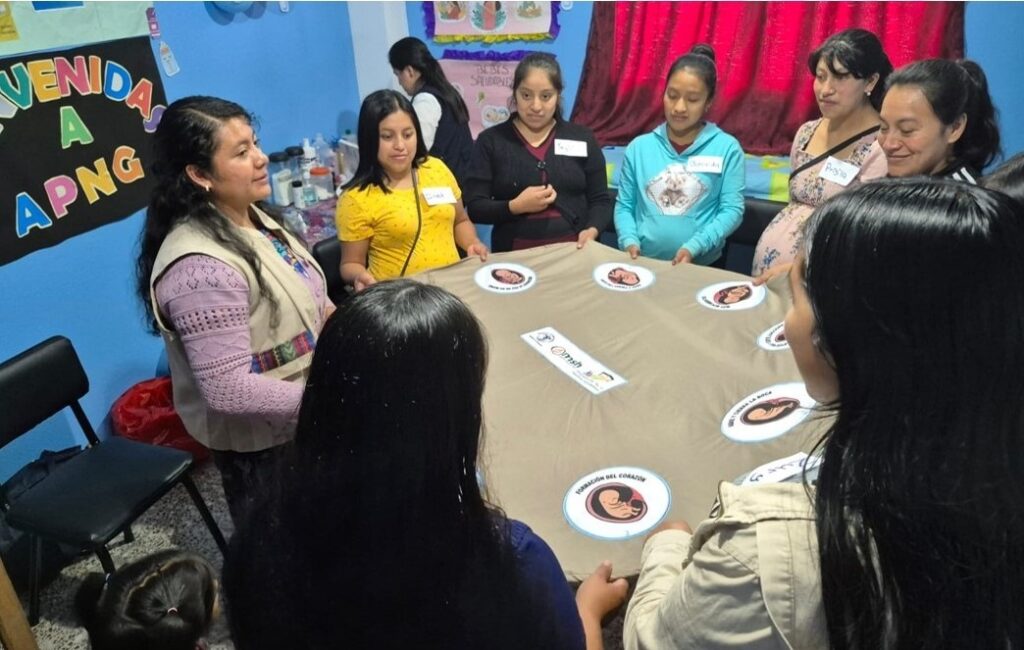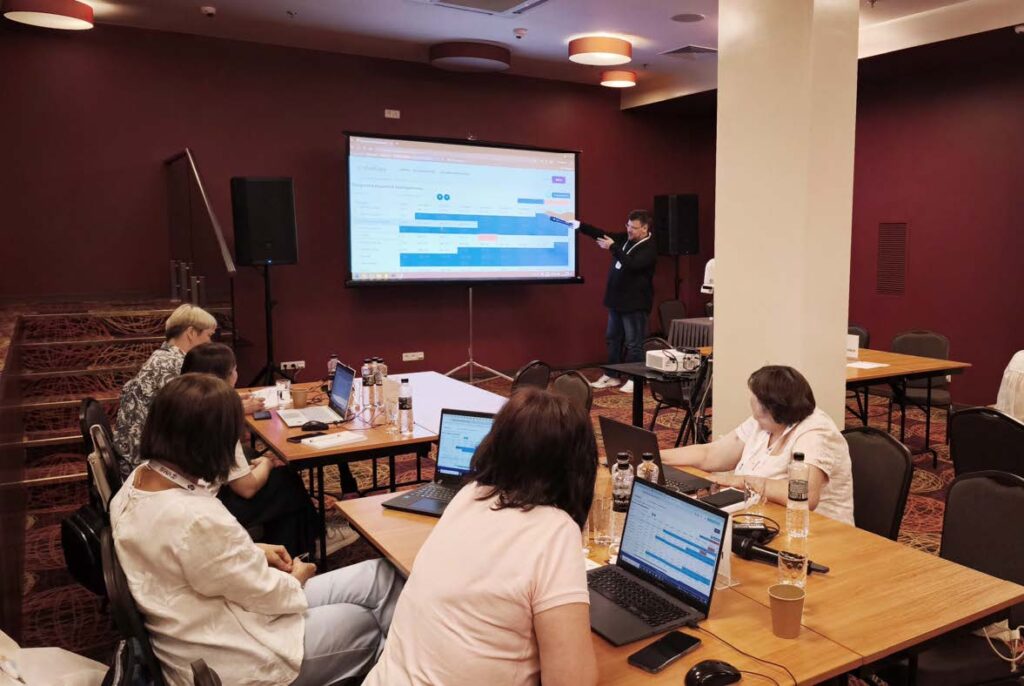The Cost and Impact of Implementing Integrated Community Case Management of Malaria, Pneumonia, and Diarrhea in Angola
The Cost and Impact of Implementing Integrated Community Case Management of Malaria, Pneumonia, and Diarrhea in Angola

In 2014, the Government of Angola introduced a national community development and health worker program to address challenges affecting the poor. To facilitate its effective implementation, community development and health agents, or agentes de desenvolvimiento comunitário e sanitário (ADECOS), are contracted annually by municipal governments and paid by the Fundo de Apoio Social (Social Support Fund), both of which are under Angola’s Ministry of Local Government. With support from donors, this program was expanded to include treating children under 5 years old for malaria, diarrhea, and pneumonia, which are common and contribute to high mortality. Expanding this package of services and extending it to cover all areas of the country, including those that do not have access to functioning health facilities, can go a long way to reducing the high mortality and morbidity rates for children under five years old and to addressing other urgent public health needs.
The US Agency for International Development (USAID), through its Health for All Project, engaged MSH to conduct a study of the costs and impact of implementing the expanded program. This study provides estimates of the costs of this strategy for different scenarios and should be used as a basis for planning implementation of the program and to advocate for funding.


